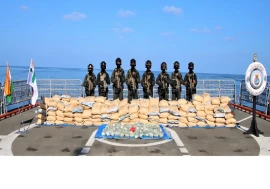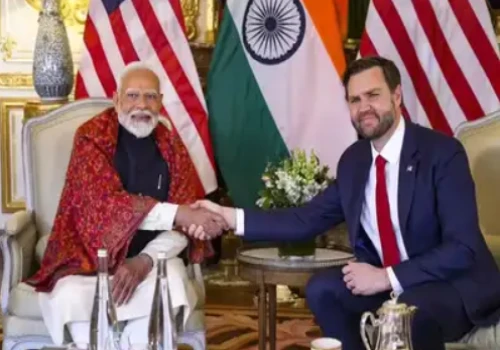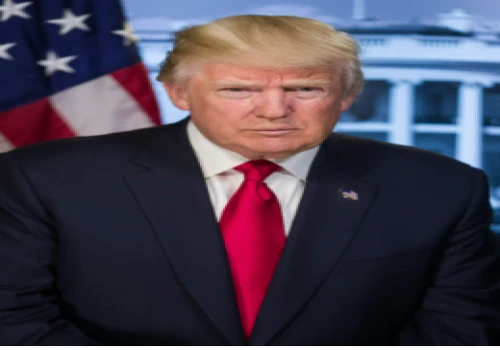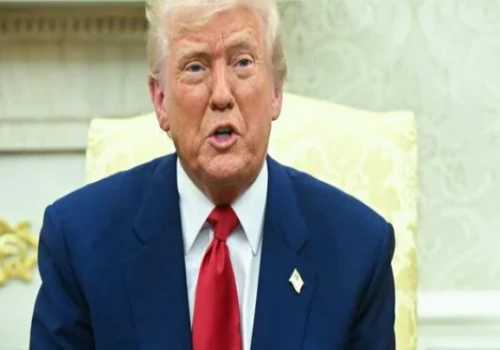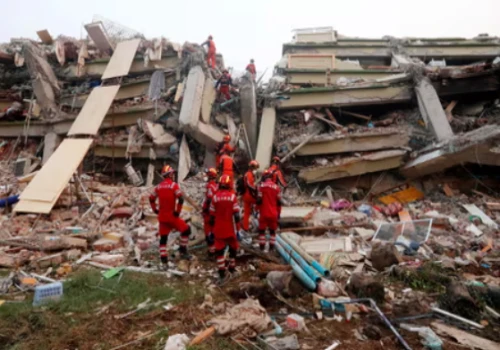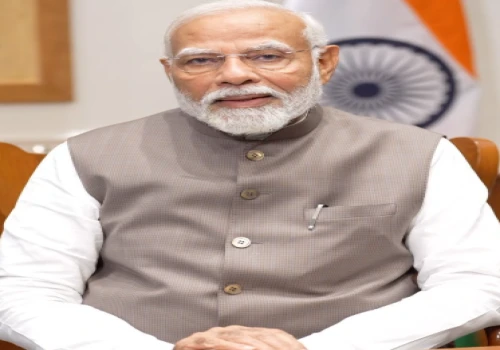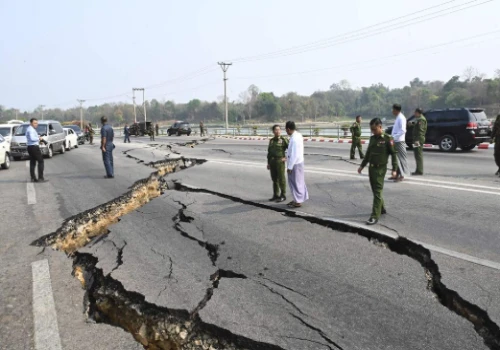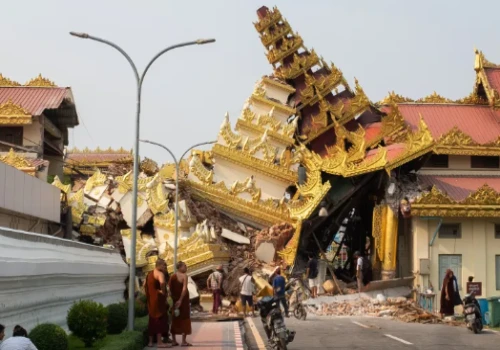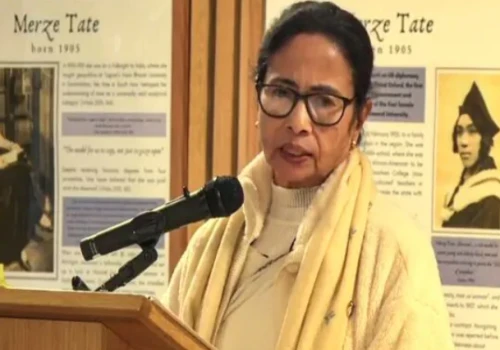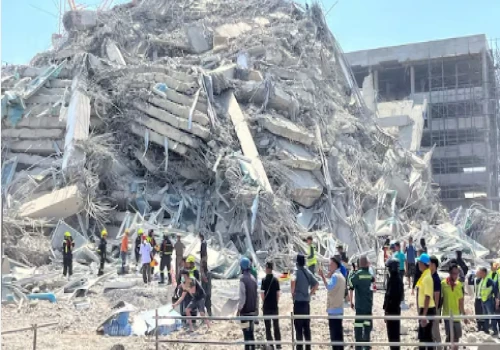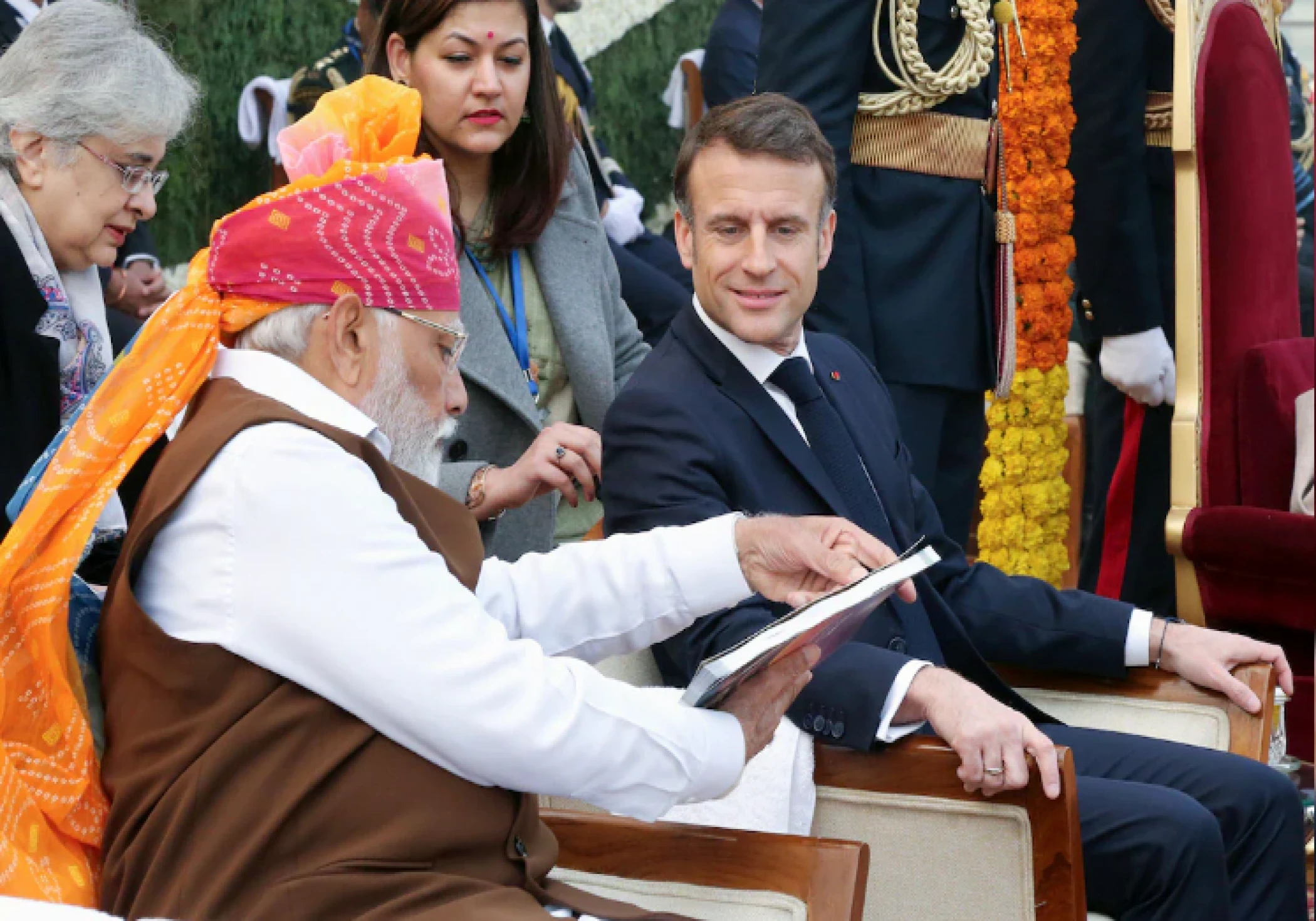
New Delhi: On January 26, 2024, French President Emmanuel Macron graced India's 75th Republic Day Parade as the Chief Guest. During the event, he expressed his commitment to an ambitious goal of hosting 30,000 Indian students in France by 2030. Despite the considerable challenge posed by this target, Macron emphasized its feasibility, stating that the objective is within reach.
In a tweet, President Macron stated, "By 2030, we aim to have 30,000 Indian students in France. While this goal is ambitious, I am resolute in achieving it. A comprehensive action plan has been devised to facilitate this endeavor." Macron elaborated on the plan, mentioning the creation of international classes to enable non-French-speaking students to pursue their education in France. A collaborative network and franchise system will be established to impart knowledge of the French language, with provisions for teaching non-French speakers through international classes. Additionally, France plans to streamline visa regulations for Indian students studying in the country.
Highlighting the academic excellence of France with 35 top-tier universities, Macron emphasized the significance of 2024 as a pivotal year in the 25-year strategic partnership between India and France. This partnership, marking India's first alliance with a Western nation, has historically strengthened the ties between the two countries. With two significant bilateral visits in less than six months, there are heightened expectations for tangible collaboration on critical security challenges. The focus on maritime security in the northwestern Indian Ocean emerges as a potential area for robust cooperation, supported by the Indo-Pacific framework and the 2047 roadmap established in July.
The evolving security landscape in the Indian Ocean, marked by the significance of the Suez-Malacca corridor and the Red Sea crisis, underscores the need for a deeper collaborative approach. France and India, aspiring major security providers in the region, are well-positioned to drive a cooperative and inclusive security architecture. Addressing non-traditional threats like gray zone coercion, high-sea criminality, and climate change-induced calamities becomes crucial in this context.
France and India can play a leading role in establishing a new regional security mechanism, proposing the formation of an "Indian Ocean Quad" grouping with Australia and the UAE. This platform could address both hard and soft security matters, leveraging France's permanent military presence and diplomatic influence in the northwestern Indian Ocean. The authors advocate for France's continued support of EU initiatives in the region, such as the Coordinated Maritime Presence concept and the CRIMARIO program.
The primary security threat identified is climate change, emphasizing the need for enhanced cooperation in human assistance and disaster relief operations. The India-Middle East-Europe Economic Corridor (IMEC) project and the Red Sea crisis have further amplified the challenges and stakes for the France-India partnership. The strengthening of bilateral ties during Macron's visit signals a commitment to sustained and concrete cooperation in the northwestern Indian Ocean.

